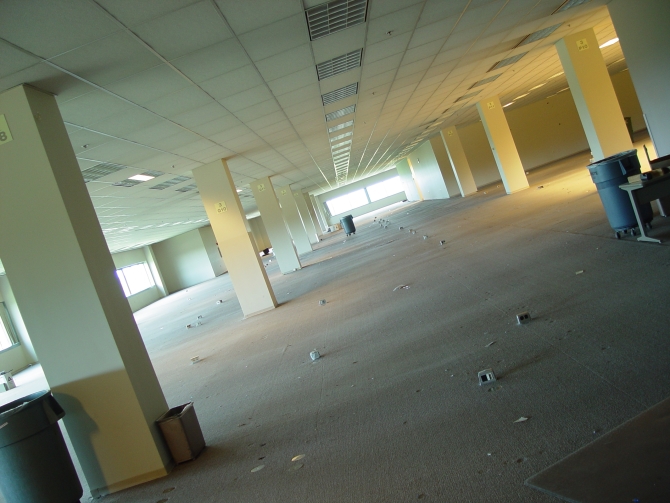Scottish landlords should no longer automatically expect to recover the cost of repairing damage to their buildings, one of the country’s leading property law experts has warned.

For years it has been commonly accepted that lease agreements inevitably give owners the right to demand the cost of repairs from departing tenants, whether or not they intend to carry out the work. Repairs paid for, but never completed, frequently generated big cash bonuses for many property owners.
Now the inner house of the Court of Session — Scotland’s highest appeal court — has ruled that tenants will only be obliged to pay for dilapidations if the landlord intends to actually carry out repairs.
Sitting in Edinburgh, the court heard that Grove Investments was seeking £10m in dilapidation costs from Cape Building Products after the Wakefield-based company had rented an industrial unit on a 25-year lease.
“It has always been the case that a party claiming damages needs to have incurred the loss,” explained Mark McCall, a legal director with Aberdeen law firm Pinsent Masons, “but in the Grove action the landlord thought the lease contained a provision allowing it to recover the total costs of repairs whether or not the work was done.
“The court disagreed and took the view that the tenant was obliged to pay only the landlord’s actual loss,” he added. “The court was keen to avoid the landlord receiving a windfall — payment for works which were not in fact to be done.”
In a second case — between @Sipp (Pension Trustees) and Insight Travel Services — the appeal court was asked to consider whether the landlord was entitled to the exact cost of repairing its premises, regardless of whether it intended to carry out any work.
Again, said McCall, the court ruled the landlord was entitled to recover only its actual loss, demonstrating that a property owners intentions are directly related to the amount it can claim. If the ultimate intention is to demolish the property, he stressed, the owner would have no loss to recover from the tenants.
“Claims by landlords for lost rent for any period, in which the landlord says that the property couldn’t be let because of the state of repair, will also need detailed evidence,” McCall added.
“And landlords looking to negotiate or enforce a provision that the tenant will be liable for the repairing costs, irrespective of their intentions, are likely to face an uphill battle enforcing such a provision.”
From now on, tenants are likely to strongly resist dilapidation claims and to insist on proof that the work has been completed or is about to be done. “At the very least this has the potential to make life very difficult for some owners,” concluded McCall.
Previous Post
Small Businesses to benefit from Autumn Statement